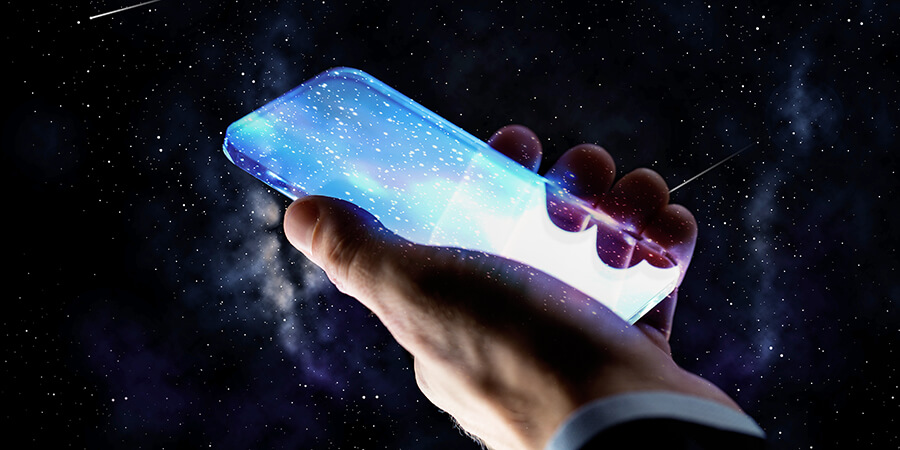Smartphones could see stronger and more durable alternatives in the near future; transparent wood, which is ten times tougher than glass, and the advancement of nuclear batteries capable of providing 50 years of charging power are promising developments in this direction.
Researchers from the KTH Royal Institute of Technology in Sweden and the University of Maryland have developed transparent wood with promising applications in smartphones, light fixtures, and architectural features.
To achieve transparency, they remove the naturally present lignin glue, leaving a milky-white skeleton of hollow cells. Filling these cells with epoxy resin transforms the wood into a transparent material; outperforming plastic and glass in strength. Transparent wood is three times stronger than plexiglass and ten times tougher than glass, making it an ideal alternative for fragile products like display screens and windows.
The Chinese startup, Betavolt, announced a ground-breaking achievement in nuclear battery technology, claiming the development of a nuclear battery capable of powering smartphones for 50 years without charging. This innovation involves fitting 63 nuclear isotopes into a coin-sized module, converting energy from decaying isotopes into electricity. The battery shows promise for commercial applications, including phones, drones, AI equipment, microprocessors, sensors, and micro-robots. With lightweight construction, a long service life, and high-energy density, Betavolt's nuclear batteries offer versatility in extreme temperatures and a modular design for enhanced energy output. The startup plans to produce a 1-watt power battery by 2025.










